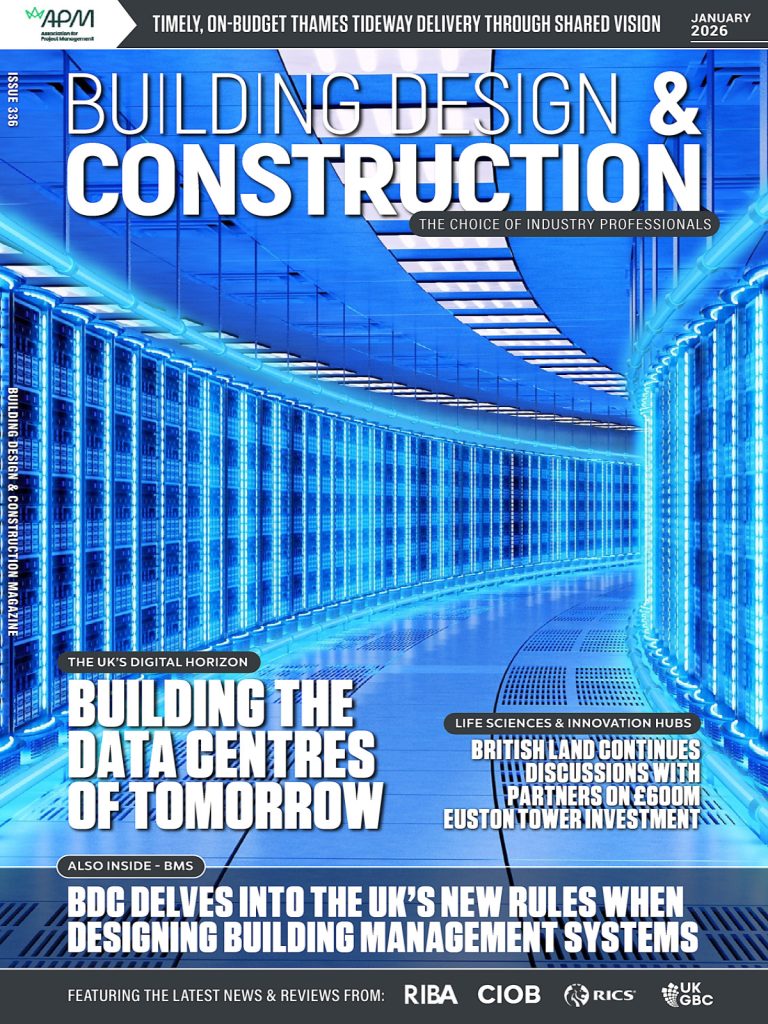Molex has announced six partners have joined the new Transcend Alliance, a consortium of companies working together to expand and promote the use of network connected lighting in commercial buildings by developing and implementing new systems and protocols.
New integrated lighting network solutions, such as the Transcend connected lighting system from Molex, are rapidly becoming an integral part of commercial building design. Companies like Molex that create enabling technology will help drive the industry through the transition from traditional lighting to network connected lighting.
By utilising the Transcend system of enabling ‘network intelligent components, lighting fixture companies in the Alliance will make a large variety of fixture types available to the market. This provides lighting designers and architects with a wider range of fixture choices, making it easier for them to choose fixtures that are not only appropriate for the building type, but also align with and enhance the brand image of the company that owns or leases the building. With the Transcend system, LED lighting fixtures become intelligent and connected.
From LED lighting to the network that supports it, Molex can integrate the entire system. As a Cisco Solutions Technology Integrator (STI), Molex can design and deploy the optimum system integration of Cisco network technology and Molex network connectivity and middleware expertise. In February 2016, Molex was named an inaugural partner in Cisco’s Digital Ceiling Framework, an ecosystem of companies committed to industry standards, open architecture and unified infrastructure for indoor building networks.
“A network connected lighting system offers far more than new fixtures,” said Giovanni Frezza, group product manager, Molex. “Integrated network solutions such as the Transcend system are complete LED lighting management systems that can be monitored and controlled for different building environments via sensor data. They not only offer substantial energy savings, but also dramatically improve working and living environments. Members of the Transcend Alliance are dedicated to advancing the network connected lighting concept, and our mission is to help transform the way people use and interact with their indoor environments.”
The Transcend system is an intelligent, low-voltage system network that both powers and controls in-building objects that are intelligent, such as LED lighting. The overall system enabling components include Molex Transcend PoE Gateways, sensors, cables and software, as well as luminaries and networking infrastructure from Alliance partners. As Alliance partners, the companies will strive for seamless integration and testing that assures that components will work end to end.
Inaugural members of the Transcend Alliance are:
JLC Tech LLC, Pembroke, MA, maker of the T-BAR LED Smartlight, and a designer and manufacturer of other lighting products utilising LED technology.
MHT Lighting, Staten Island, NY, a leading manufacturer of energy efficient products, including induction and LED lighting and power management optimisation systems. The company is an ISO 9001 approved facility.
New Star Lighting, Chicago, a division of 555 International, a leading luminaire manufacturer that offers several of its products with LED light sources and is developing LED light options for the vast majority of its products.
Spectrum Lighting Inc., Fall River, MA, a designer and manufacturer of commercial and architectural lighting fixtures
Swann Lighting, Lincoln, UK, a manufacturer that specialises in customer-specific luminaires and refurbishing and re-testing existing equipment.
Waldmann USA, Wheeling, IL, a developer and manufacturer of professional lighting for industrial, architectural, and medical applications.
In addition to improving lighting efficiency, network connected lighting systems can gather valuable data, and the Transcend Alliance will focus on developing applications in this area as well. “These data are expected to open up a new value proposition for commercial buildings, including real-time energy reporting, sensor-based occupancy reporting, light status and environmental monitoring,” said Frezza.




